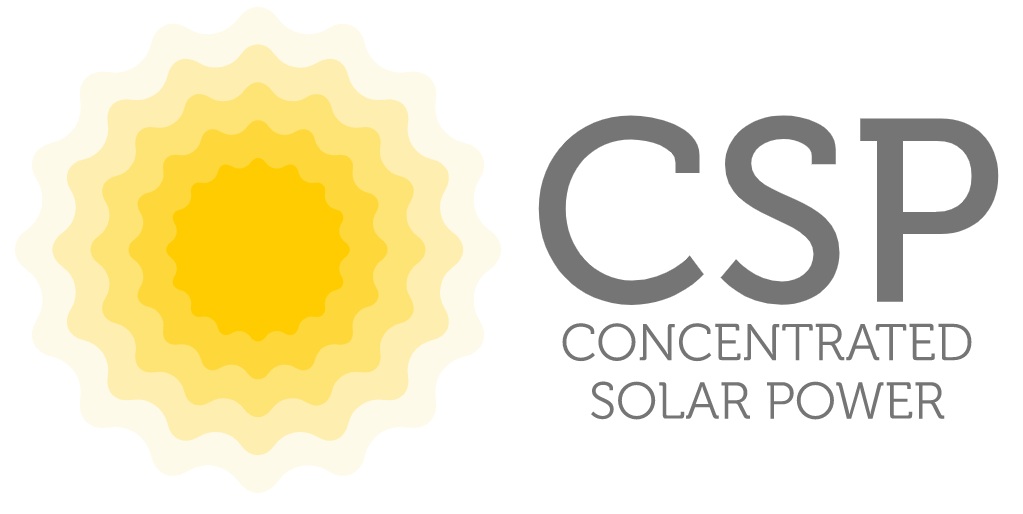
EuroPaTMoS project has contributed to the LC-SC3-JA-1 work programme and SET Plan objectives by reducing technology risks and costs, thereby facilitating the transition from R&D to commercial deployment. It focused on increasing system reliability by mitigating the risks associated with molten salt operation in both major and minor components. Intensive testing was carried out using two large-scale solar test loops and various laboratory facilities to accelerate the evaluation of critical components, degradation mechanisms and the development of mitigation measures.
Line focusing systems allowed to break down demonstration tasks into smaller units and simulate full solar field operation using a virtual model integrated with a full-size collector loop and real-time weather data, providing a cost-effective method to ensure safe and reliable control of all operational situations. The new control concept allowed an increased startup of CSP plants.
Best practice procedures for molten salt-specific operations and maintenance, such as filling, draining, leak repair and loop maintenance, were identified and demonstrated. Emergency procedures to prevent damage from freezing and to revive frozen parts were also developed and shown at large-scale.
EuroPaTMoS project used Failure Mode Effects and Criticality Analysis (FMECA) to identify potential failure modes and prioritise remedial actions in design and O&M, thereby improving the bankability of the innovative technology.
To meet the high temperature requirements of molten salt systems, EuroPaTMoS project developed an advanced receiver tube to withstand anticipated high temperatures of 550 °C. The set quality threshold has been achieved during the project. Further, an improved quality assurance and monitoring methods for the optical accuracy of parabolic troughs were developed, allowing faster and cheaper quality assessment of a complete solar-field during the different project phases of construction and operation. This includes a novel method for the optical measurement of the alignment of the specific collector modules (SCE) in the whole collector (SCA), as well as a method to access the correct receiver alignment in the SCA. Both methods utilize advanced with edge detection algorithms and measurements by drones. To check the receiver temperatures before filling the collector loop with molten salt, a new global temperature measurement method was developed and successfully tested.
